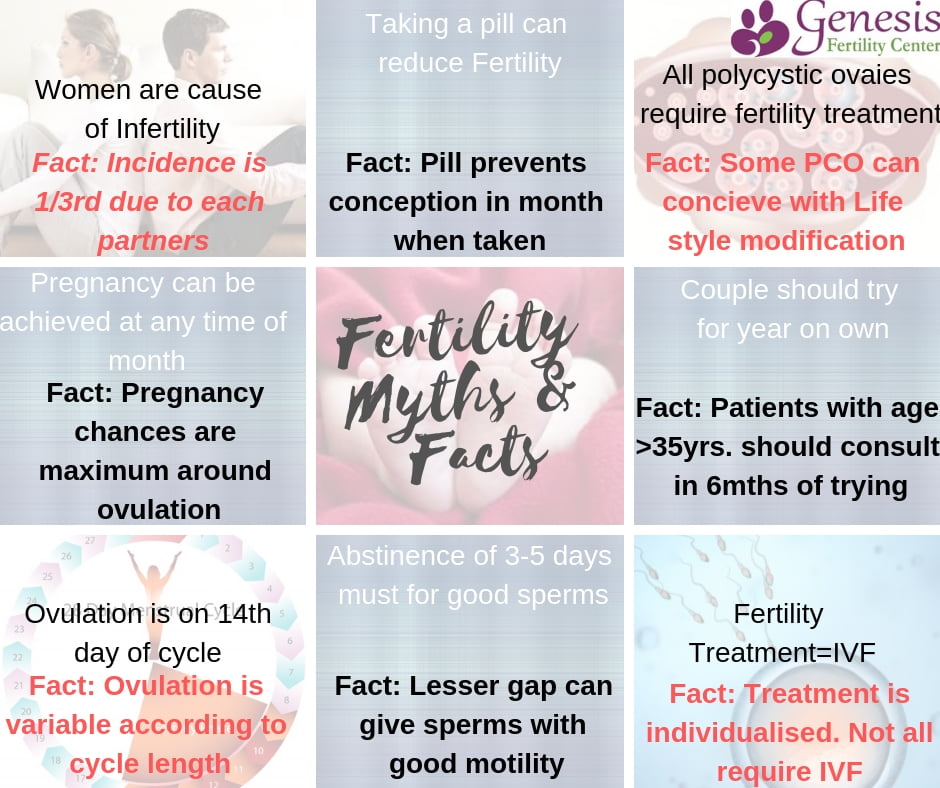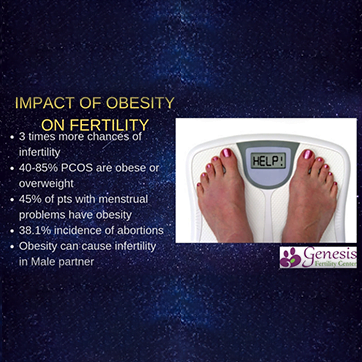Diet in Fertility


Diet In Fertility Is it possible that a particular diet can “cure” fertility problems? No… it doesn’t …. Researchers have found that eating healthy nutrient rich food is good for reproductive health. Following so called fertility superfoods can be considered ….. Sunflower seeds:Excellent source of vit E. Helps in sperm motility, count and improve DNA […]
Staying Positive


Staying Positive Infertility is physically, emotionally and socially draining for some couples. Changing attitude towards can make it bearable. Talk about it: Journey through infertility is stressful, tougher if u fight it alone. Find someone to talk who will listen to you without getting tempted to advise. Volunteer: Being there for someone distracts you from constant thoughts […]
Fertility Myths & Facts


Myth : Women are a cause of Infertility Fact : Incidence is 1/3rd due to each partner Myth : Taking a pill can reduce Fertility Fact : Pill prevents conception in a month when taken. Myth : All polycystic ovaries require fertility treatment Fact : some PCO can conceive with Lifestyle modification. Myth : Pregnancy […]
Obesity & Fertility


Obesity & Fertility Reproduction and care of off springs is one of the primal function for all living beings. Inability to reproduce, Infertility can be devastating to couples for it is perceived not only as medical problem but has social and psychological burden. Obesity is defined as an abnormal accumulation of body fat, usually 20% or […]
